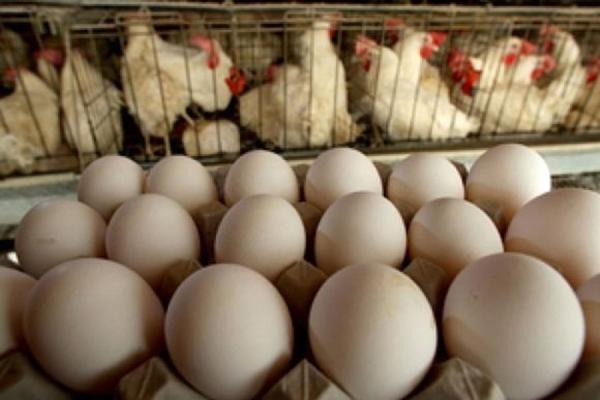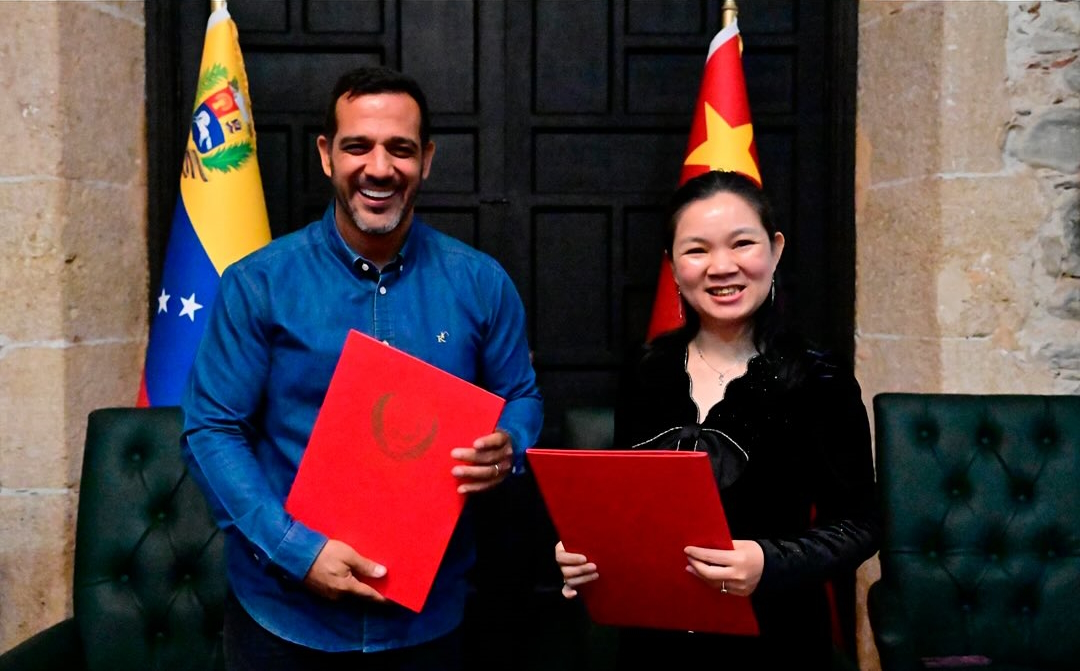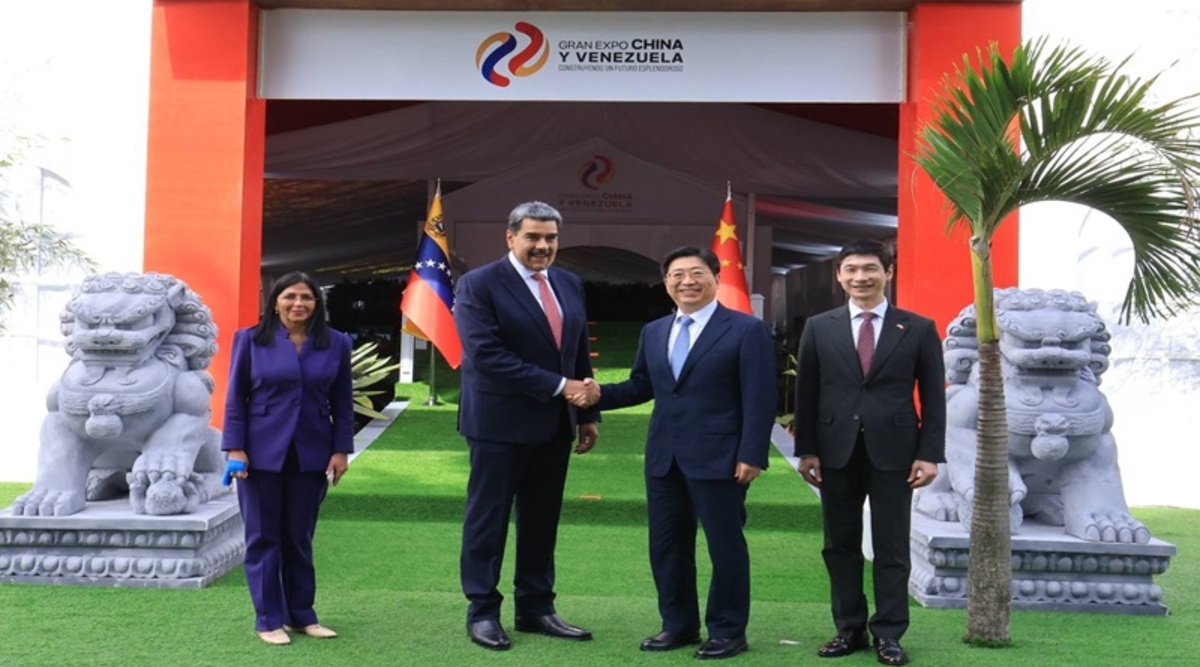The Maduro government alleges that Trump’s measure violates the “most-favored-nation” principle of GATT and seeks to initiate consultations to resolve the trade dispute. Photo: WTO.
Guacamaya, April 4, 2025. The legal teams from Venezuela’s Executive Vice Presidency and the Ministries of Foreign Affairs, Hydrocarbons, and Foreign Trade are considering filing a complaint against the United States at the World Trade Organization (WTO). The move comes in response to the imposition of a 25% tariff on goods from any country that exports to the U.S. while also purchasing Venezuelan oil—a measure ordered by President Donald Trump.
What is Venezuela’s Argument?
Venezuela argues that the measure violates the General Agreement on Tariffs and Trade (GATT), the foundation of the WTO, specifically the “most-favored-nation” principle, which prohibits discrimination among trading partners. Additionally, it contends that the policy contradicts the ban on quantitative trade restrictions.
The process would begin with a request for consultations between the parties, a step required before formal litigation. However, past experience is not encouraging: in 2019, Venezuela filed a complaint with the WTO over U.S. oil sanctions, but Washington—which does not recognize Maduro as president—ignored the claim.
Background and Context
This is not the first time the U.S. has faced WTO challenges over tariffs. China and Canada filed similar complaints in February and March, respectively, regarding steel and aluminum duties.
Although a WTO ruling is unlikely to reverse the measure, the Venezuelan government aims to increase international pressure. “It’s a symbolic but strategic step to document U.S. unilateral actions,” a source close to the case stated.
The trade dispute is part of ongoing bilateral tensions, which have persisted since the U.S. imposed economic sanctions in 2019, refused to recognize Maduro’s government, and revoked operating licenses for oil companies like Chevron. Now, Venezuela is turning to multilateral channels—albeit with limited expectations.







